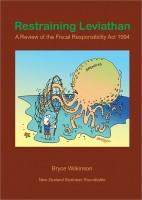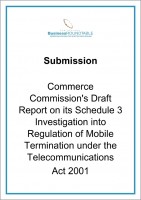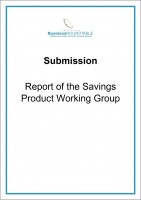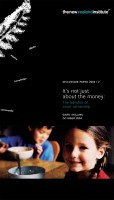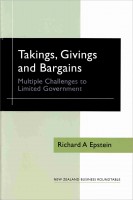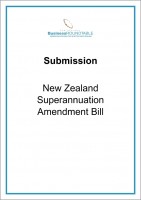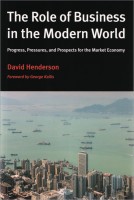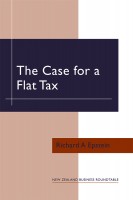
The Case for a Flat Tax
It is my pleasure to welcome you to what I am certain will be a stimulating address by Richard Epstein, professor of law at the University of Chicago and a senior fellow at the Hoover Institution. This is professor Epstein’s fourth visit to New Zealand. Read more



